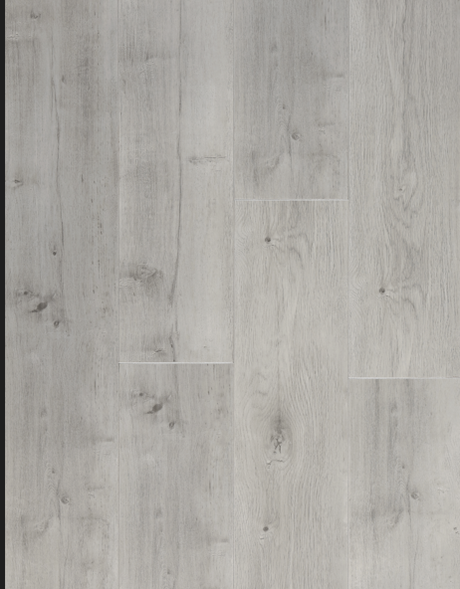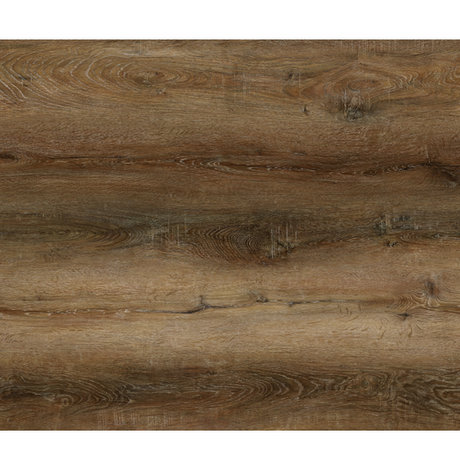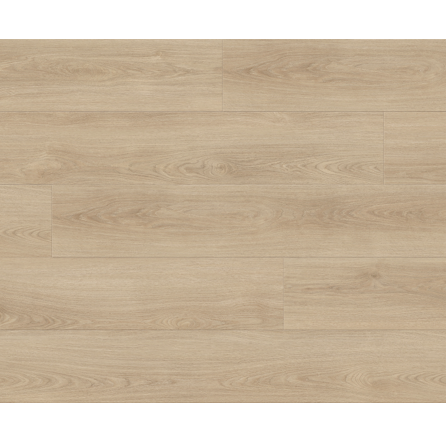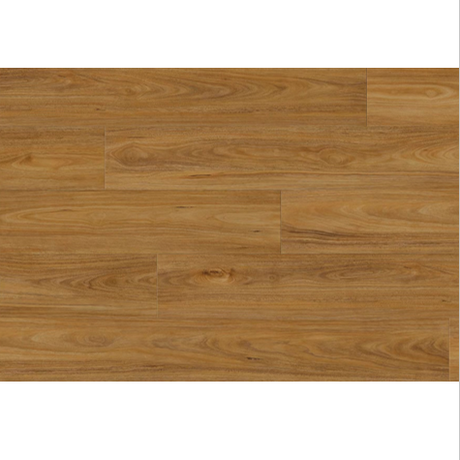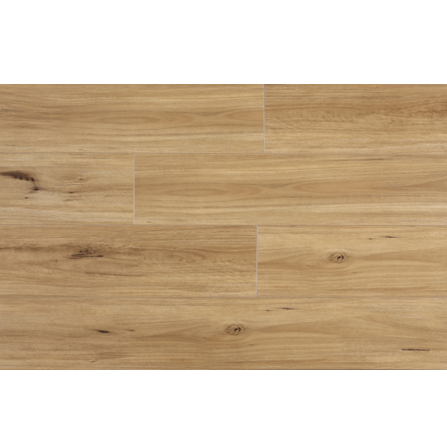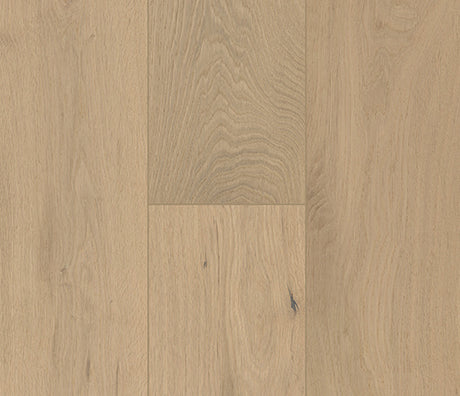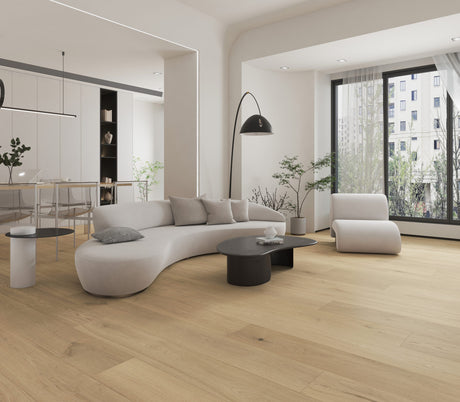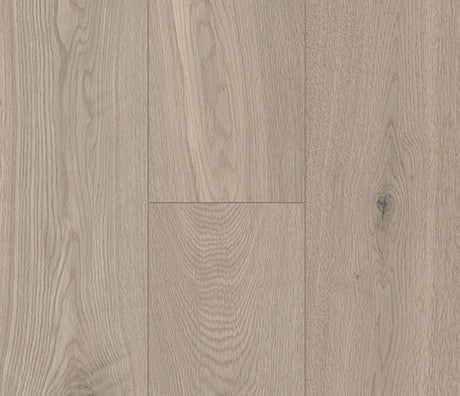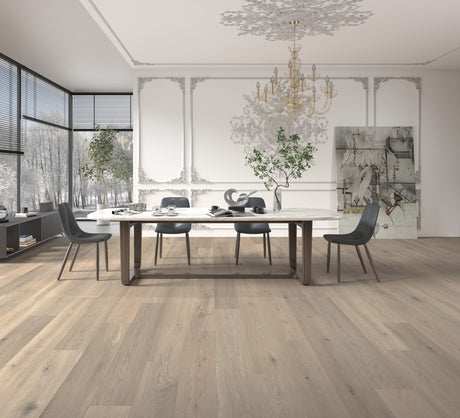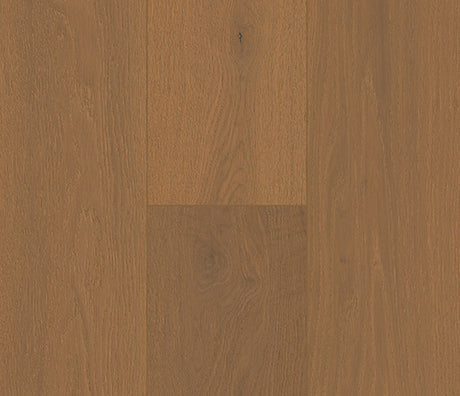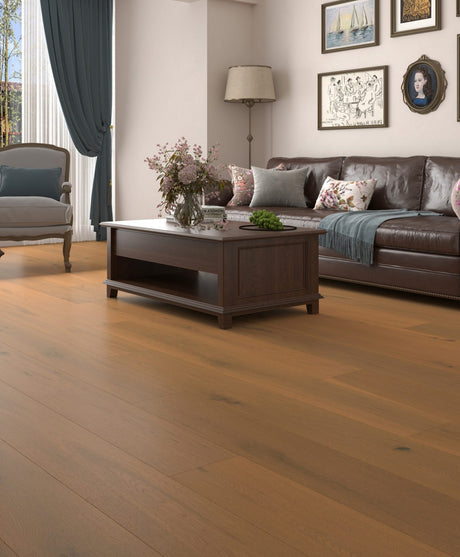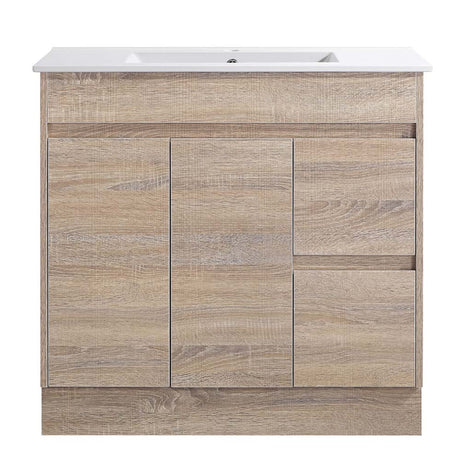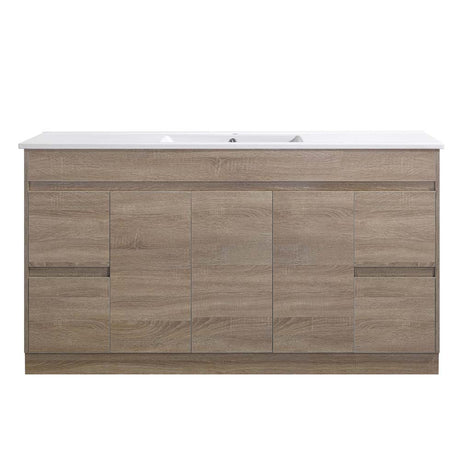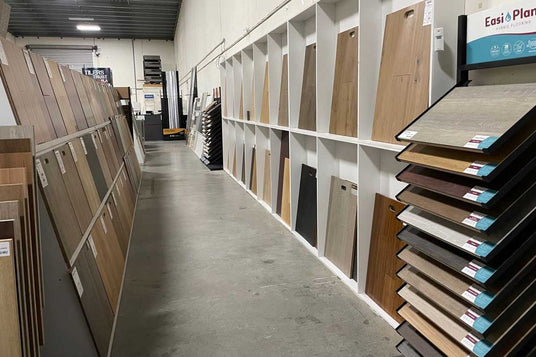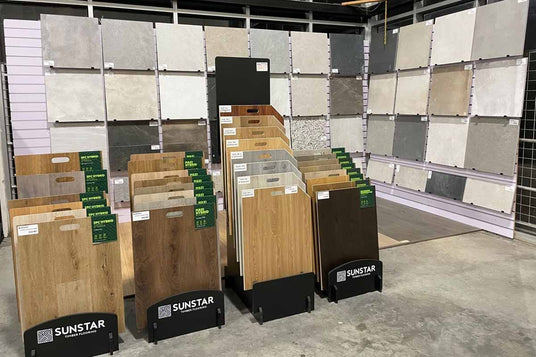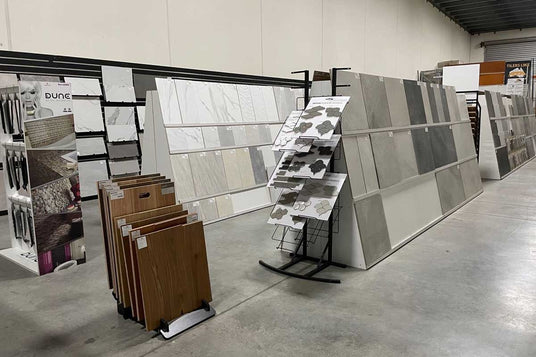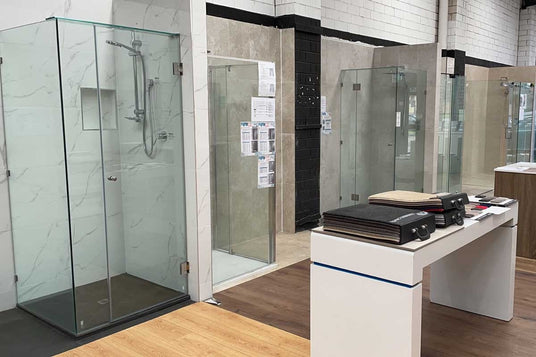Tiles: Made from clay and other natural materials, then kiln-fired. They can have a glazed or unglazed surface.
Natural Stone: Quarried from the earth, examples include marble, granite, travertine, and slate. Each type has unique characteristics based on its mineral composition.
Tiles: Generally durable, resistant to scratches and moisture, and available in various hardness levels based on the tile type.
Natural Stone: Durability varies by type; some are very durable (e.g., granite), while others (e.g., marble) may require more maintenance due to their softer nature and susceptibility to etching and staining.
Tiles: Available in a wide range of colors, patterns, and designs due to the manufacturing process. Can mimic the look of natural stone or other materials.
Natural Stone: Each piece is unique due to natural variations in color, veining, and texture, offering a distinctive and authentic appearance.
Tiles: Generally easy to clean and maintain, often requiring regular sweeping, mopping, and occasional sealing for porous tiles.
Natural Stone: Maintenance needs vary by type. Some stones require sealing to prevent staining, and specific cleaning products should be used to maintain their appearance.
Tiles: Often easier and less expensive to install due to standardized sizing and lighter weight. Installation can be done by DIY enthusiasts for simpler designs.
Natural Stone: Installation might require professional expertise due to variations in thickness, heaviness, and irregular shapes, making it more expensive in terms of labor and materials.
- Environmentally-Friendly Aspects
Ceramic Tiles: Made from natural materials and can be recycled. Some manufacturers produce eco-friendly tiles with sustainable practices.
Natural Stone: Being sourced directly from the earth, its extraction and transportation processes might have a more significant environmental impact.
Choosing between tiles and natural stone often depends on factors such as the desired aesthetic, durability, maintenance requirements, and budget. Both options offer unique benefits and considerations, allowing individuals to select the material that best suits their specific needs and preferences.









